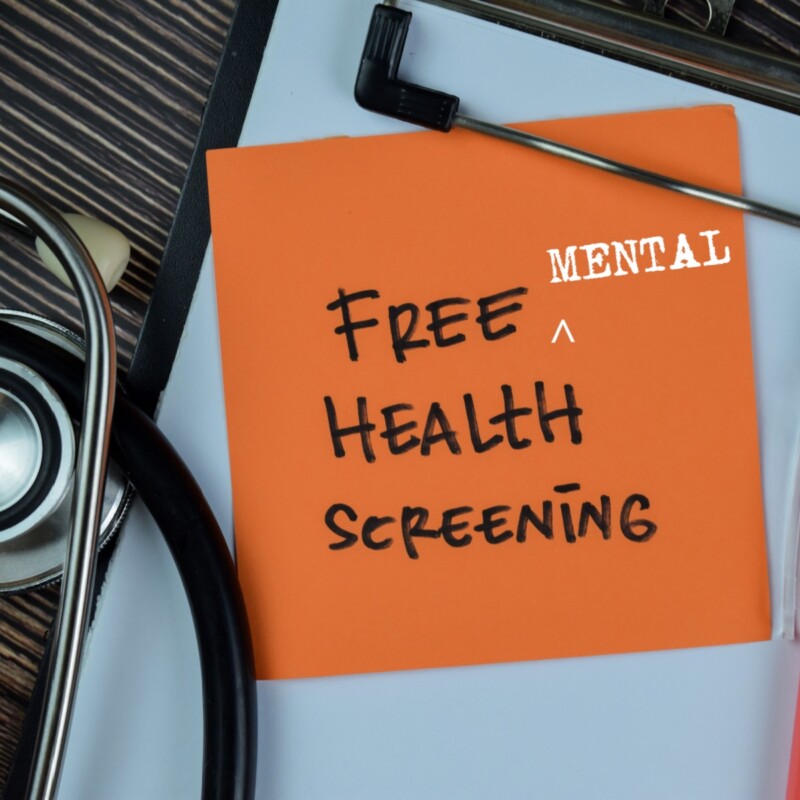
ADAPTS expert advisory committee
Nailah Henry facilitated the first meeting of the ADAPTS Expert Advisory Committee, which includes mental health policy and research experts from around the country, including Meadows Mental Health Policy Institute in Dallas, Sheppard Pratt in Baltimore, and Treatment Advocacy Center in Arlington.
Presenter(s):ADAPTS Expert Advisory Committee

Improving community paramedicine demographic data collection
CHRT staff discuss ways to improve community paramedicine demographic data collection on race, ethnicity, sex and gender.
Presenter(s):
Gen health AI: Navigating the new frontier of health data
Panelists offer insights into the vast opportunities for AI to revolutionize health data analytics, the risk of data exposure, AI hallucination and bias, and the crucial role of responsible AI stewardship in this new era. Panelists include Nailah Henry from CHRT, Eric Shelley, VP of IS at Northwestern Medicine, and Kathy VanEnkevort, Microsoft’s industry leader for payor and provider in the Americas.
Presenter(s):
Empowering women: Community-based research for health and wellbeing

Evaluation tools and metrics for MiHIVE
MiHIVE is a statewide effort to provide students and faculty with broad access to an electronic laboratory of simulated health IT platforms for hands on health IT and informatics training and skill building. Partners include the Interoperability Institute, 13 universities and colleges across the state, and other key stakeholders including the Michigan Department of Health and Human Services, CHRT, and industry leaders.
Presenter(s):
Expanding mental health services in free and charitable clinics
As mental health needs continue to rise, free and charitable clinics are stepping up to provide critical services to underserved populations. In this session, we spotlight two visionary leaders who have successfully expanded mental health programs within their clinics. Through their stories, attendees will gain valuable insights into the strategies and innovations that made these programs possible, including overcoming significant challenges such as limited resources and staffing shortages, building trust among patients, and reducing stigma within the community.
Presenter(s):
Using networks to improve statewide systems and address inequities

Core community information exchange elements

How certified community behavioral health clinics are changing lives
